Teachers are not only tasked with the responsibility of preparing their students for the world, but also with preparing them to make the world better. The recipients of the Teaching Tolerance Award for Excellence in Teaching meet this challenge by bringing social justice into the classroom every day. Whether teaching second grade or high school science, these innovative educators connect with and inspire students through culturally responsive pedagogy, social emotional learning and academic rigor.
Without further ado, meet the five winners of the 2016 Teaching Tolerance Award for Excellence in Teaching, introduced in the words of their students.
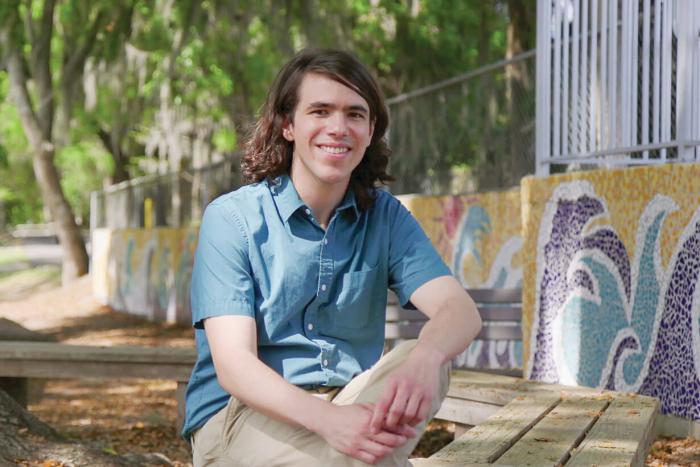
Henry Cody Miller
P.K. Yonge Developmental Research School
Gainesville, Florida
What his students say
“If I were to describe Mr. Miller in one word it would be woke.”
As a ninth-grade English language arts teacher, Henry Cody Miller uses a windows-and-mirrors approach to his instruction, making sure all students in his class see themselves in the books they read and have opportunities to see the realities of other people’s lives. Miller also co-constructs the curriculum with his students, allowing them to suggest texts and books that interest them. “I believe the curriculum has to be a living, breathing entity, and I think it has to be made with teachers and students in mind,” he says.
In addition to his teaching, which focuses largely on multicultural literature, he co-sponsors the “Decolonizing Club,” a venue for students to discuss how colonialism has influenced their identities. He also leads school-wide professional development on creating inclusive spaces and curricula for LGBTQ students. Miller is currently pursuing his doctorate in English education at the University of Florida.
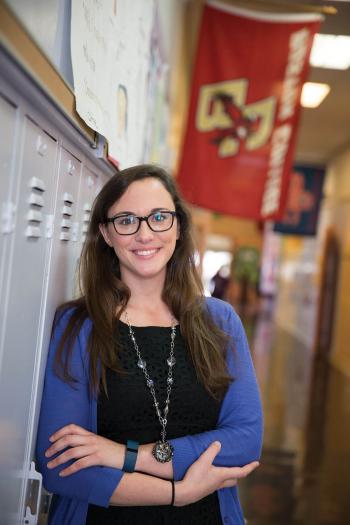
Karen Schreiner
Aspire Monarch Academy
Oakland, California
What her students say
“If I could choose one word to describe Ms. Schreiner, it would be that she is committed.”
The city of Oakland’s activist roots run deep within Karen Schreiner and her classroom teaching. An equity-focused second-grade educator with a vocal commitment to racial equality, Schreiner sees social justice teaching as essential in early childhood education. Using that belief, she developed a K–3 literacy-based anti-bias curriculum that strengthens students’ social emotional skills, sharpens their sense of fairness and justice, and challenges them to engage in purposeful social activism and create change in their communities.
To maximize her students’ awareness of inequality and identity, Schreiner couples her curriculum with the K–2 standards in each of Teaching Tolerance’s anti-bias domains: Identify, Diversity, Justice and Action. She also uses the Black Lives Matter movement to help her second-graders learn about why people protest. “It’s my job to present my students with different perspectives of history and not have just one particular lens,” she says. “And it’s very hard because [my students are] 6 and 7 years old, but I think it’s possible to do this in a developmentally appropriate way.”
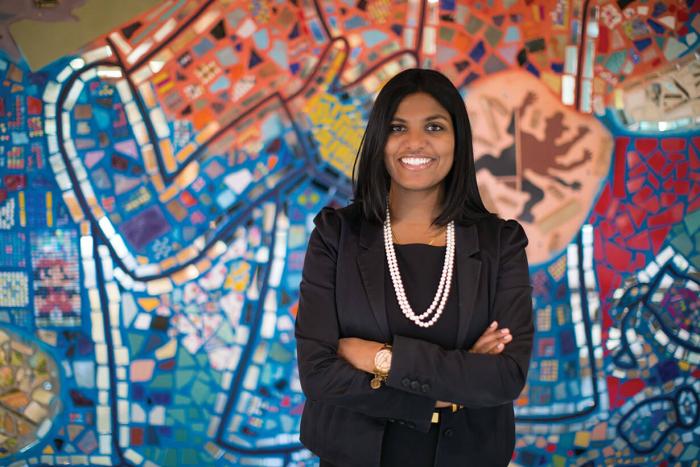
Frances Weaver
Welsh Valley Middle School
Narberth, Pennsylvania
What her students say
“One word I would use to describe Mrs. Weaver is creative. She has all these different ways to teach social studies that I really like.”
Frances Weaver vibrates with enthusiasm for teaching, so it’s no surprise her eighth-grade students find her classes thought-provoking. The innovative social studies teacher asks her students to connect modern moments to moments in history using inquiry and research. This approach fosters skills her students need to identify historical patterns and to advocate for justice throughout their lives. “I don’t want my students to feel like I know everything,” Weaver says. “I want us to have a shared dialogue where we figure it out, where we read multiple sources, where we piece together the different parts of history to make it a whole picture.”
Weaver uses academic rigor and culturally proficient lesson planning to help deconstruct biases and to close achievement gaps—priorities she has focused on since she first launched her teaching career. At the center of all her work are respect, acceptance and the celebration of diversity. Weaver says, “Conversations at the dinner table are changing in Lower Merion because of my students.”
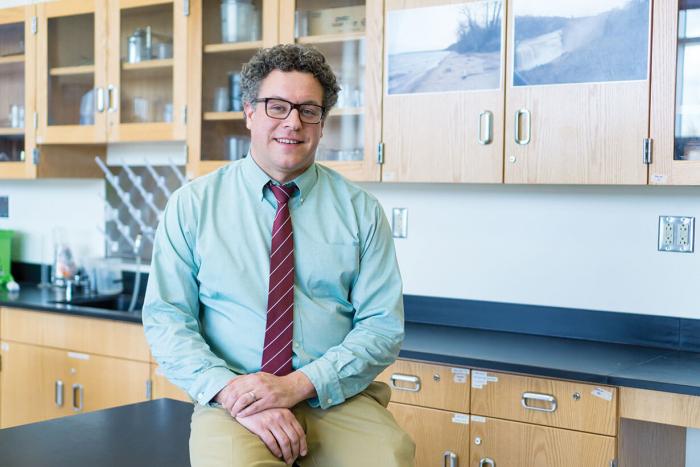
Christopher Widmaier
World of Inquiry School #58
Rochester, New York
What his students say
“He doesn’t see us just as students; he sees us as the next generation of adults who’s going to take on the world.”
Science instruction isn’t always viewed as an opportunity to further anti-bias education, but Christopher Widmaier builds social justice directly into his high school science curriculum. “Science and math have been used over time to perpetuate injustices, so I think we need to acknowledge that and look at what biases lead to that,” he says. “And then, at the same time, look at science and math in their pure form as they’re intended to be; they’re intended for us to be ways to uncover deeper truths.”
Widmaier holds multiple leadership roles at his school and is a founding member of the Rochester Regional Teacher Empowerment Network. An advocate of outdoor learning, Widmaier has taken hundreds of students out of the classroom and into their communities and even to national parks as part of his instruction. He also founded and coaches a school swim team that has been recognized not only for athletic excellence but also for inclusion and sportspersonship.
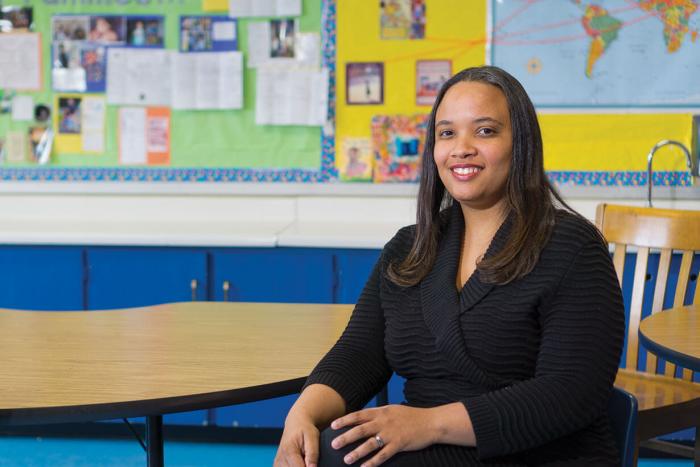
Leslie Wills-Taylor
Woodbrook Elementary
Charlottesville, Virginia
What her students say
“If I could describe Mrs. Wills one way, I would describe her as adventurous.”
Leslie Wills-Taylor considers herself not only a teacher but also an advocate who supports each student at an individual level. Family engagement is paramount in her fourth-grade classroom. “My families have an open invitation to come into the classroom and share what’s valuable to them. That allows students to see parents as experts on their own culture,” she said. She uses Teaching Tolerance lesson plans to build her students’ vocabularies around social justice topics and to shape a classroom community based on respect.
In addition to her classroom duties, Wills-Taylor also serves her school as a diversity resource teacher. She shares current research, organizes reading groups and supports her fellow teachers in piloting culturally responsive teaching strategies designed to engage high-needs students. She also organizes family and community outreach events, which include a back-to-school neighborhood meet-and-greet and the Martin Luther King Jr. Walk-a-Mile for a Cause. At the district level, Wills-Taylor offers research-based professional development to her K–12 colleagues.
